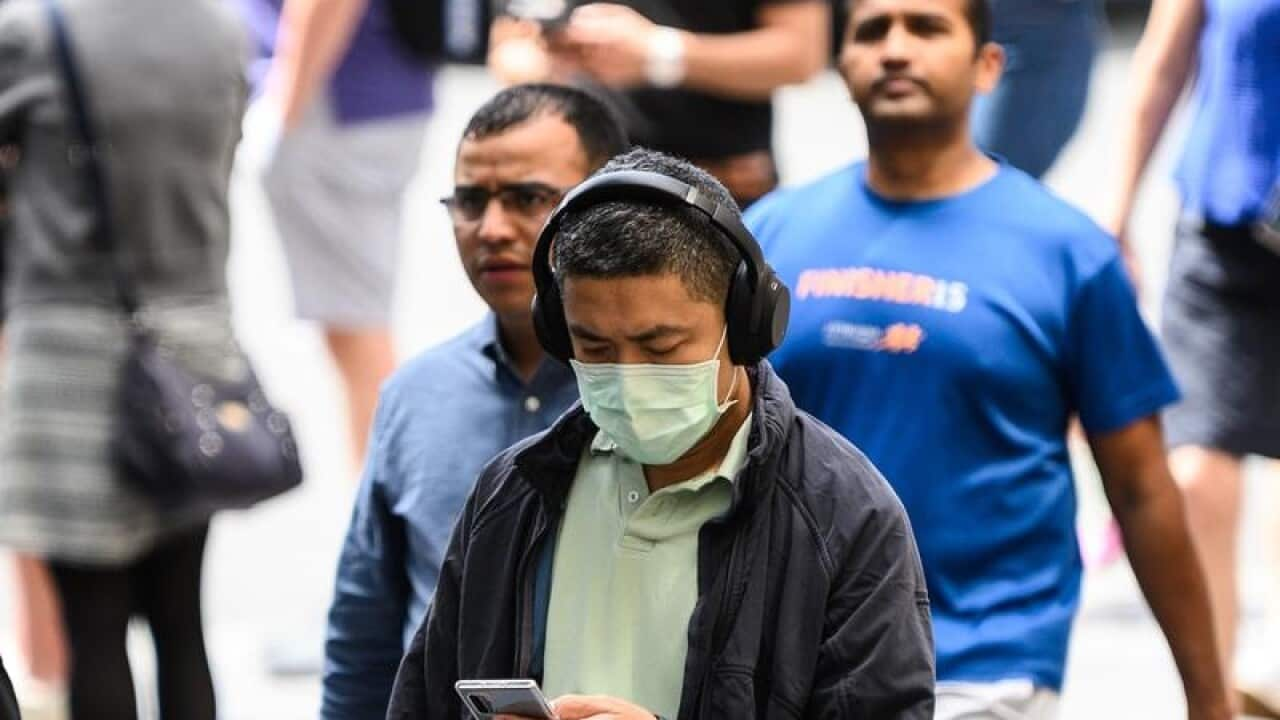Welfare groups are calling for a permanent increase in JobSeeker payments to bring people above the poverty line as the federal government moves to reduce COVID-19 benefits.
The Morrison government plans to lower the JobSeeker unemployment supplement by $100 a fortnight from Friday 1 January, and the JobKeeper payment by $200 on Monday.
The new rates will be $150 a fortnight for the JobSeeker Coronavirus Supplement and $1,000 for JobKeeper and are effective until the end of March.
The new JobKeeper rate dips to $650 per fortnight if you've worked less than 20 hours a week on average during February or June 2020.
The Australian Council of Social Service says the move will see vulnerable people trying to get by on $50 a day.
The agency has called for a permanent increase of JobSeeker to $65 a day to bring people above the poverty line.
"As 2021 begins and everyone tries to put 2020 behind them, people without paid work will be trying to get by on just $50 a day, which simply isn't enough to cover housing, food, transport and bills," ACOSS CEO Cassandra Goldie said.
"The number of people on JobSeeker doubled to 1.5 million during the pandemic and is expected to rise still more when JobKeeper ends in March."
JobSeeker is scheduled to revert to its pre-coronavirus rate of an "unliveable" $40 a day, and the Youth Allowance will be $33 a day, Dr Goldie said.
"People and the economy need security to be able to rebuild - virtually every dollar of the coronavirus supplement goes straight back into the local economy, helping to keep other people in employment."
The federal government has always said the increased payments were a temporary measure that began in March during the nationwide lockdown. They have been extended in staggered reductions.
Federal Labor warned it is too early to reduce the payment.
"We are not out of the woods yet with this pandemic and the economic effects, they (are) reverberating around the economy, especially in regional towns and suburbs where there is a lot of casual workers who have borne the biggest brunt," Labor's Bill Shorten told Nine's Today Show on Tuesday.
"For the less well off, we shouldn't be cutting their circumstances at this point in time."
"The government should reconsider it."











